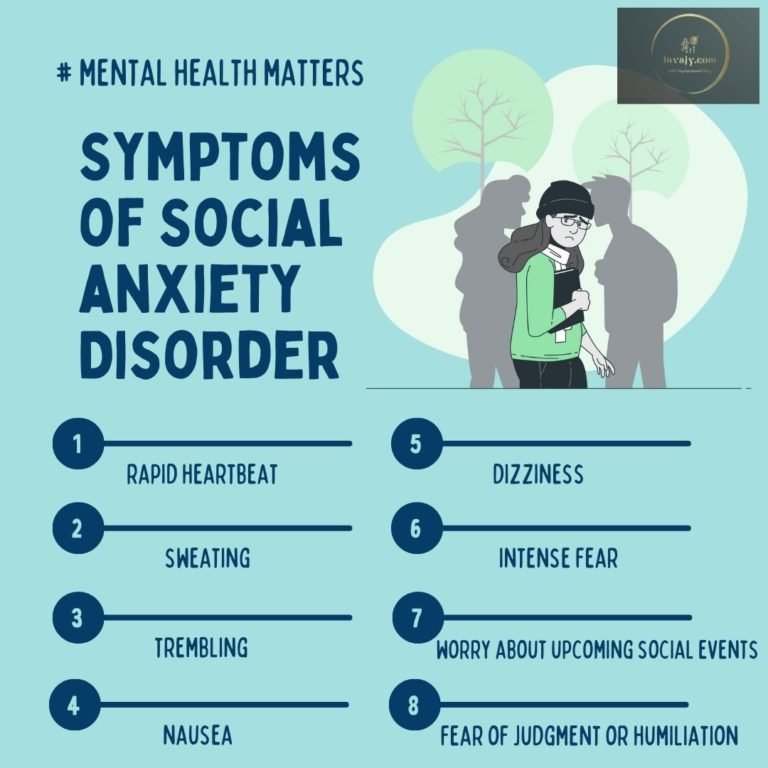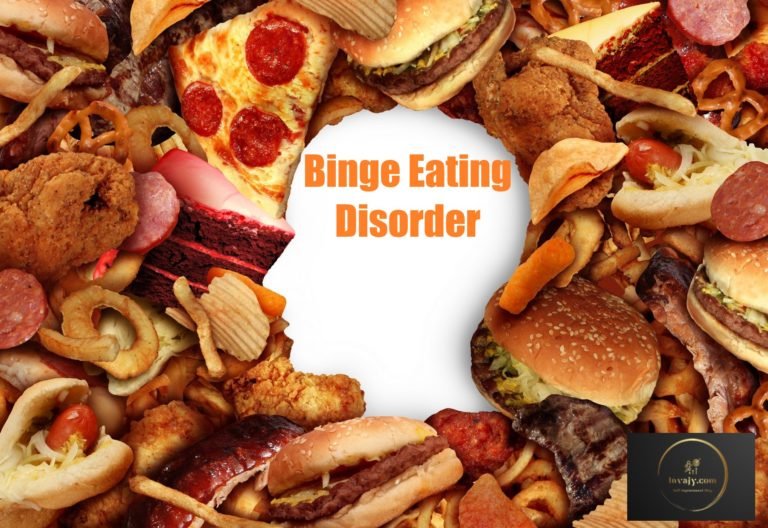What is the Difference Between Behavioral Health and Mental health?
Your habits and behavior affect your health. Everything from sleep to diet to exercise can affect your physical as well as mental health. A person struggling with his or her behavioral health may face stress, depression, anxiety, diabetes, obesity, substance abuse, relationship problems, grief, addiction, ADHD or learning disabilities, mood disorders, dual diagnosis or other health issues.
When it comes to mental health care and therapy, some terms are used interchangeably. “Behavioral health” and “mental health” are two terms that are used interchangeably but have separate definitions and purposes. To help break it all down, we’ve outlined the differences between mental and behavioral health.
What is behavioral health?
Behavioral health describes the connection between behaviors and the health and well-being of your mind, body, and spirit. It refers to how your daily cognitive habits affect your overall well-being, emotions, and biology.
While many people use these terms “Behavioral health” and “mental health” interchangeably, there are subtle distinctions that matter when it comes to diagnosing and treating psychological issues. There are even different approaches to managing problems related to behavioral health versus mental health.
Difference between “behavioral health” and “mental health”
While behavioral health has more to do with the specific behaviors or the actions people take. It’s about how you respond in different scenarios. Two people who are experiencing similar emotions may react in very different ways.
Mental health, on the other hand, has more to do with thoughts, emotions and feelings. It’s pretty specific to biological factors that influence your mental state.
While “behavioral health” and “mental health” are closely related, they are certainly distinct. It can be helpful to think of mental health as feeding into the broader behavioral health umbrella.
Common mental health illnesses:
- Depression is a mood disorder that causes a persistent feeling of sadness and loss of interest. There are different forms of depression — including dysthymia, psychotic, bipolar disorder, postpartum and seasonal affective — but they all disrupt a person’s day-to-day life.
- Schizophrenia is an uncommon condition, but it is most notable for causing people to lose touch with reality and experience symptoms like hallucinations, delusions and unhealthy, repetitive thoughts.
- Bipolar disorder is characterized by episodes of depression and mania — extreme hyperactivity. Like most mental health conditions, there are varying degrees of bipolar disorder, and not everyone experiences it in the same way.
- Generalized anxiety disorder is a step above occasional anxiety. For some people, that sense of unease can persist and interfere with everyday life by causing repetitive worries as well as sleep and concentration issues. In some cases, it can escalate into a panic disorder. Generalized anxiety disorder can occur at any age.
Negative behaviors don’t always accompany these mental health conditions. Almost everyone with depression, for example, experiences sleep issues. But not everyone develops a behavioral disorder. When a distinct, regular behavior that goes beyond the scope of a typical mental illness begins to negatively affect someone, it becomes a disorder that typically requires more specific behavioral health treatment. Here’s a look at some common behavioral disorders.
Common behavioral disorders:
- Substance abuse is excessive use of psychoactive drugs, such as alcohol, pain medications or illegal drugs to self-medicate or cope with an existing issue. While it may seem to work for some time, this behavior eventually worsens the problem and becomes one itself. It can lead to physical, social or emotional harm. According to the National Survey on Drug Use and Health (NSDUH), 19.7 million American adults experienced a substance abuse disorder in 2017.
- Gambling addiction is similar to substance abuse. Researchers believe it can stimulate the brain’s reward systems to overproduce dopamine, creating a need to pursue risky behaviors. Gambling addiction can even result in withdrawal when the chemical high isn’t achieved.
- Social Isolation is the lack of social contacts and having few people to interact with regularly. This often results in feeling lonely or depressed. Another negative outcome is socially isolated people can suffer from low self-esteem or anxiety.
- Self-injury is most often associated with depression and disassociation, but some psychology experts think the tendency to harm oneself is more specifically tied to a negative self-image. Identifying this behavior as separate from depression can significantly impact the treatment path and potential for recovery.
- Eating disorders include anorexia nervosa, bulimia nervosa and binge-eating. Not only can these behaviors lead to significant medical complications but they present a specific set of mental illness issues associated with self-image obsession and lack of perceived control.
Each of above conditions stems from destructive behaviors. In children, behavioral health disorders may include ADHD, Asperger’s syndrome, and autism.
Behavioral health disorders involve a pattern of disruptive or destructive behavior that lasts several months or more. It isn’t a spur-of-the-moment action, but rather a pattern that has built up over time.
Healthy behaviors for good behavioral health
Good behavioral health means engaging in healthy behaviors that help you achieve an ideal mental and physical balance. Here are some of the healthy behaviors :

- Take daily adequate quantity of quality sleep
- Maintain a healthy, nutritious and balanced diet
- Avoid all forms of tobacco use and smoking
- Engage in regular exercise or physical activity
- Consume no alcohol or only moderate amounts
- Maintain a normal body weight
- Stay away from risky sexual activities
- Proactive health care seeking and routine physical examinations
- Adherence to prescribed medical treatments
Evidence-based practices have demonstrated that everyone can significantly improve their personal health by practicing above key healthy behaviors.
That’s all from my side in this article. Thank you for reading this. I hope this informative write-up on “Behavioral Health” will improve your overall understanding about “behavioral health” and “mental health” conditions. Over to you now, if you have any questions or queries related to behavioral health or mental health, please feel free to ask them in the comment section, they are much appreciated.
If you have liked this article on behavioral health, please share it with your friends and relatives at your favorite social networks.
(Disclaimer: This article is for general information only. Before adopting preventive methods/measures/treatment, please seek medical advice)







